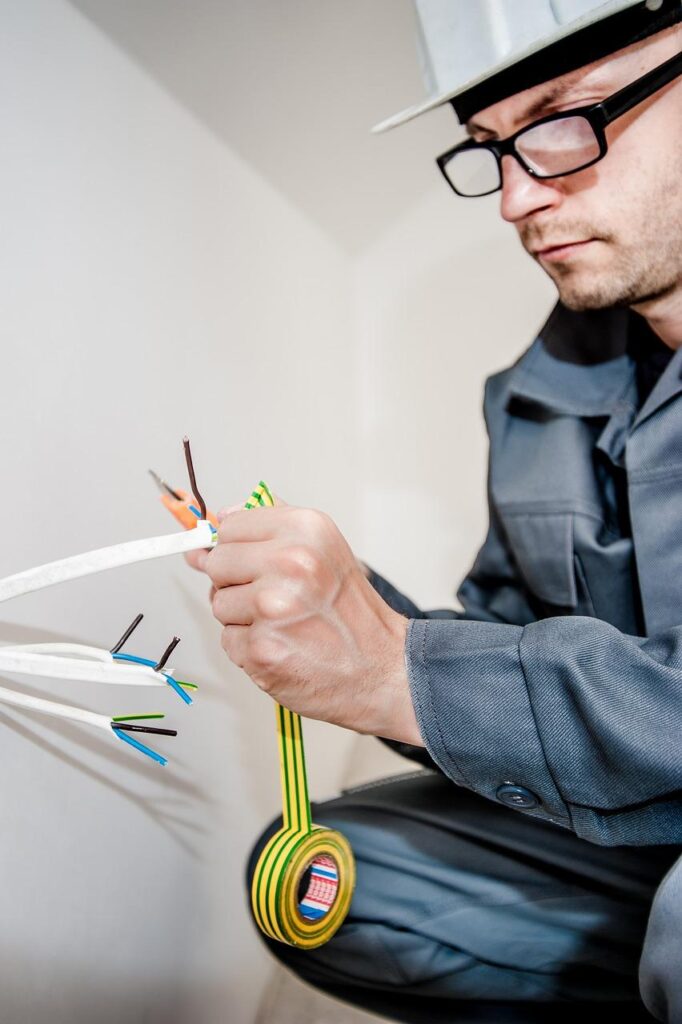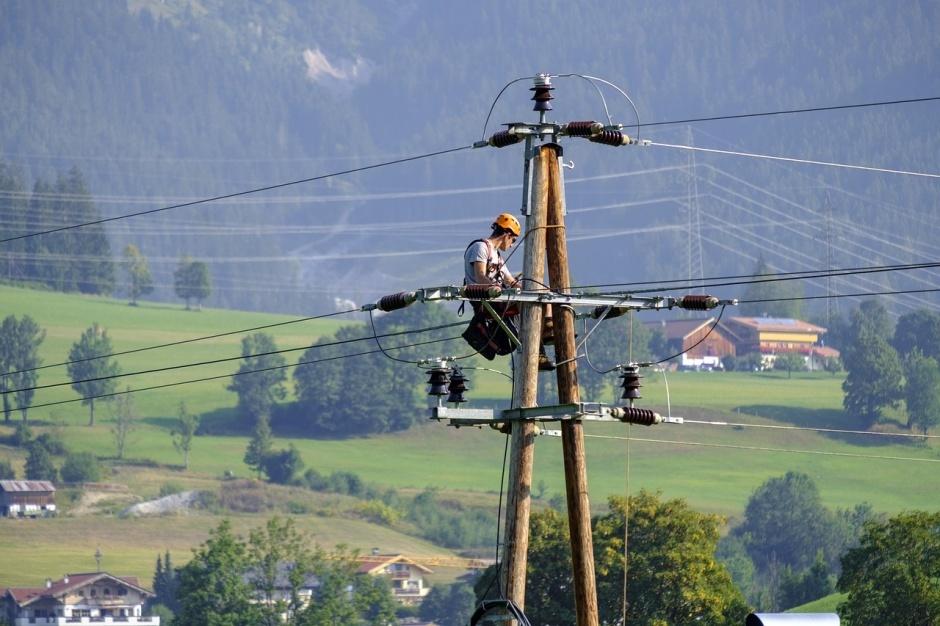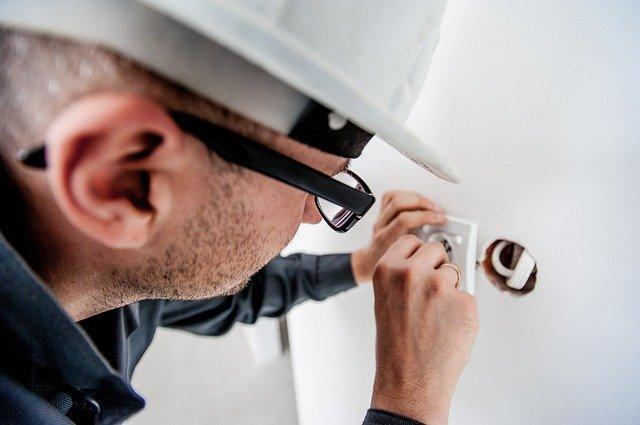Electricians are one of the people in the most dangerous line of work. It is not surprising as working with electricity requires utmost care and attention to prevent an electrical hazard. The human body is a conductor of electricity, meaning that current can flow through it. This calls for utmost care, alertness and attention while on the job.
An electric shock can be deadly and lead to loss of life in extreme cases. However, the severity depends on several factors like the amount of current, the pathway of exposure, duration of exposure, presence of moisture on the body, etc.
The effect of an electric shock varies depending on the degree. It could range from a gentle tingle to severe burns, cardiac arrest, or death in extreme cases. Contact with an energized conductor can cause severe damage to the body and brain.
Working with electricity should never be trivialized.
People in this line of work should be aware of basic safety procedures to safeguard their life and prevent shock while working. This article sheds light on helpful ways an electrician can prevent electric shock while having electrical work.
1. Use Personal Protective Equipment
Personal protective equipment are clothing and other accessories worn on the body while doing various kinds of dangerous jobs. These accessories aim to serve as a barrier between the human body and a potential source of hazard that could negatively affect the worker. It is a safety precaution mandatory in many job lines in which electrical work is one of them.
Examples of personal protective equipment essential for electricians are rubber gloves, safety boots, full-body overall, etc. For instance, a rubber glove is insulated and prevents the current from passing through your body, thereby preventing electrical shocks. A safety boot will protect your body from conducting electricity should toy step on a naked wire.
2. Avoid Using an Aluminium or Steel Ladder
There are times one might need to work at height, which makes it essential to use a ladder. While having such electrical work, one needs to avoid contact with anything that conducts electricity. This makes it necessary to avoid using steel or aluminum ladders as these materials are conductors of electricity.
Using such a ladder could trigger an electrical surge, which could make the current flow through the body. This could be lethal in severe cases, which makes it essential to consider insulated ladders like wood, bamboo, or one made from fiberglass.
3. Avoid Touching an Electrocuted Person
Electrical work should always be handled with utmost caution. Even when working on simple bulk wires, the electrician must take care to avoid accidents. Electrical shock is real, dangerous, and disastrous. It is never okay to reach out to someone who has been electrocuted even though all of one’s instinct wants you to help the person.
Never forget that the human body is a conductor, as a large percentage of the body is composed of water, and the electrocuted person could still have some charges. As a result, touching the person will also leave you electrocuted.
In cases like this, the first line of action is to cut off the property’s power supply. After this, call for help and give the person first aid assistance. In a case where you cannot get to the main power supply to turn it off, use an insulating material (wood or plastic) to push the person away from the source contact.

4. Observe Standard Lockout/Tagout Procedure
There are times an electrician will have to do repair or maintenance work in a big industrial setting. This might involve working in a different section of a company or factory floor. The first thing to do in this case is to turn off the switch box and put a notice for anyone to know that there is repair or maintenance work currently going on. Some switch boxes have an option to padlock in the off position.
This procedure also applies to any machinery that needs servicing. Lockout/tag-out is a crucial safety aspect every electrician should know.
- It ensures that someone who is not aware of the repair or maintenance work does not switch on the box innocently, thereby leading to an electrical hazard.
- Also, it helps ensure that electrical equipment is adequately rid of electrical energy before the repair process. This minimizes the risk of electrocution.
If you are not sure whether a piece of electrical equipment is de-energized, use a tester. You can check the wires with a tester, the metallic coating on the object, and any conductor before commencing the repair work.
5. Service Electrical Equipment
It is essential to ensure that all your electrical equipment and appliances are correctly serviced and maintained. This will go a long way to reduce the risk and hazard associated with electrical works. Make sure to test your devices annually by a qualified electrical engineer.
An essential electrical system like a cable network, lightning system, machinery, etc., should be inspected regularly based on what the manufacturer recommends.

This will allow you to identify and rectify potential issues before they escalate and turn into a hazard.















